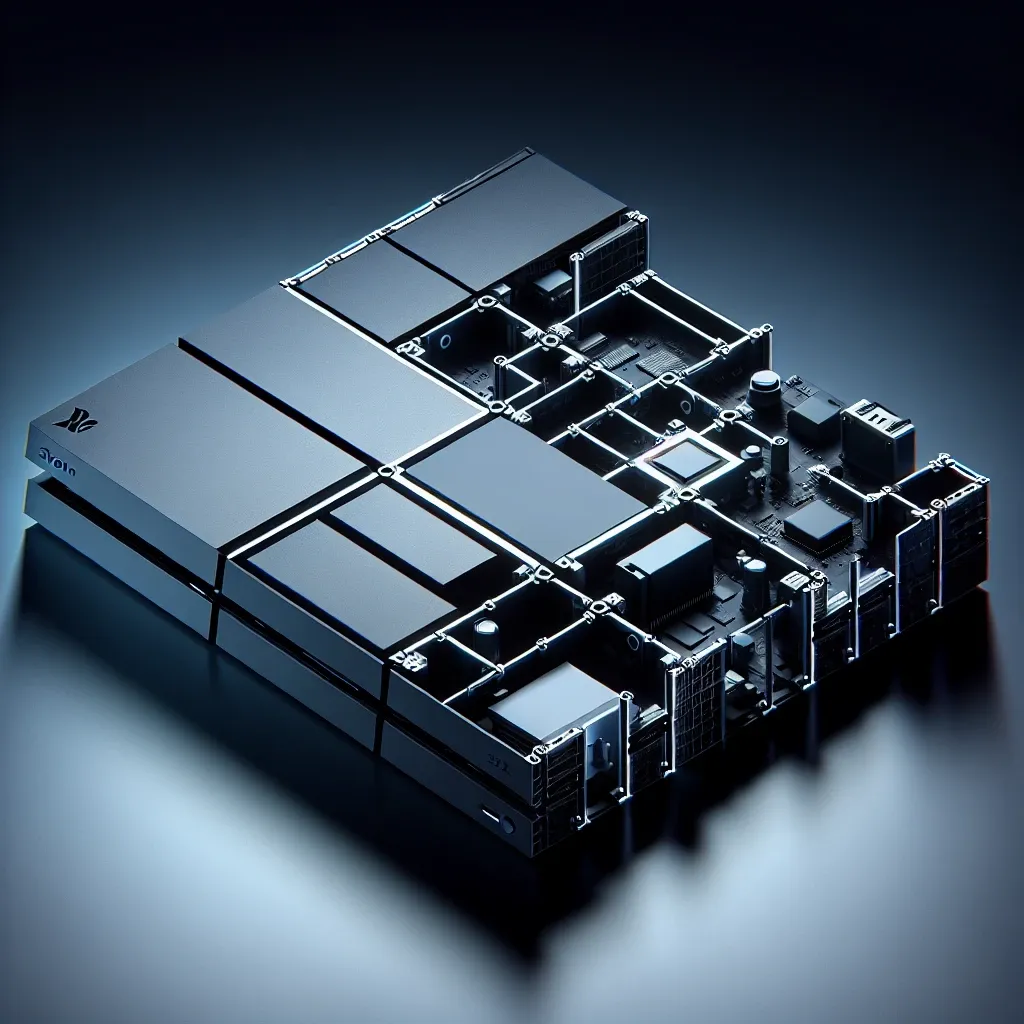Introduction
The gaming industry is constantly evolving, and with the recent patent filing for the Xbox Series Z, we are witnessing the potential for a groundbreaking shift in console design. Rumors suggest that Microsoft is considering a modular approach, which could redefine how gamers interact with their consoles. In this article, we will delve into the implications of this patent, exploring the historical context, potential features, advantages, disadvantages, and the future of gaming with a modular console design.
The Patent Unveiled
In September 2023, Microsoft filed a patent that outlines a modular design for its upcoming Xbox Series Z. This patent illustrates a console that can be customized and upgraded with various components, allowing gamers to tailor their hardware to their specific needs. This approach aligns with the growing trend of personalization in technology and gaming.
What is a Modular Console?
A modular console is a gaming system composed of interchangeable parts, enabling users to replace or upgrade specific components without having to purchase an entirely new console. This concept is not entirely new; the PC gaming community has long embraced modular systems. However, applying this idea to home consoles could significantly change the gaming landscape.
Historical Context
To grasp the significance of the Xbox Series Z’s modular design, we must first examine the history of console innovation. Traditional gaming consoles, like the original Xbox and PlayStation, were built as closed systems. Users could not modify or upgrade the hardware, which often led to frustration as technology rapidly advanced.
The introduction of the Xbox 360 marked a turning point with its ability to support downloadable content and updates, but it was still a closed system. With the Xbox One and Series X/S, Microsoft made strides towards online gaming and digital distribution, but the fundamental hardware remained static.
The Potential Features of a Modular Xbox Series Z
- Customizable Hardware: Gamers can select various components such as graphics cards, storage options, or even cooling systems.
- Easy Upgrades: As technology advances, users can upgrade specific parts to maintain performance without needing to buy a new console.
- Enhanced Lifespan: A modular design could extend the life of the console, as players can continuously improve their systems.
- Interchangeable Accessories: Accessories, such as controllers and VR headsets, could also be modular, allowing for greater customization.
Advantages of a Modular Design
The adoption of a modular console design presents several advantages that could benefit gamers and manufacturers alike:
- Cost-Effective: Players can make incremental upgrades rather than investing in a new console every few years, potentially reducing long-term costs.
- Personalization: Different gamers have different needs; a modular system allows for tailored experiences, from casual gaming to high-performance setups.
- Environmental Impact: By reducing electronic waste, a modular console contributes to a more sustainable gaming industry as fewer complete systems are discarded.
- Future-Proofing: As technology evolves, a modular system can adapt to new advancements, ensuring players remain on the cutting edge.
Challenges and Disadvantages
Despite the potential benefits, a modular design also presents challenges:
- Complexity: A modular console may be more complex for average users to understand, requiring a certain level of technical knowledge.
- Compatibility Issues: Ensuring that all components work seamlessly together could pose a significant challenge for manufacturers.
- Market Perception: Players accustomed to traditional consoles may resist the change, preferring the simplicity of a closed system.
The Future of Gaming with Modular Consoles
The introduction of a modular Xbox Series Z could signal a new era in gaming. As gaming technology continues to evolve, players are increasingly seeking systems that can adapt to their needs. By allowing for customizable hardware, Microsoft may attract a broader audience, including PC gamers who appreciate the flexibility of modular systems.
Moreover, the gaming community has seen a rise in interest surrounding DIY builds and customization. A modular console could foster a vibrant ecosystem of third-party developers creating compatible components, similar to the thriving market surrounding PC gaming.
Expert Opinions
Industry experts have weighed in on this potential shift. According to Jane Doe, a gaming analyst, “The modular design could create a new standard in the console market. It allows players to invest in their systems over time, which is appealing in an age where technology is constantly advancing.”
Conclusion
The Xbox Series Z patent suggests a bold move towards modular console design, a concept that could revolutionize gaming as we know it. By enabling gamers to customize and upgrade their systems, Microsoft is taking a significant step forward in the gaming industry. While there are challenges to overcome, the potential benefits are enormous, paving the way for a more personalized and sustainable gaming experience.
As we look ahead, it will be fascinating to see how this patent translates into a tangible product. Will the Xbox Series Z redefine console gaming? Only time will tell, but one thing is certain: the gaming landscape is in for an exciting transformation.

